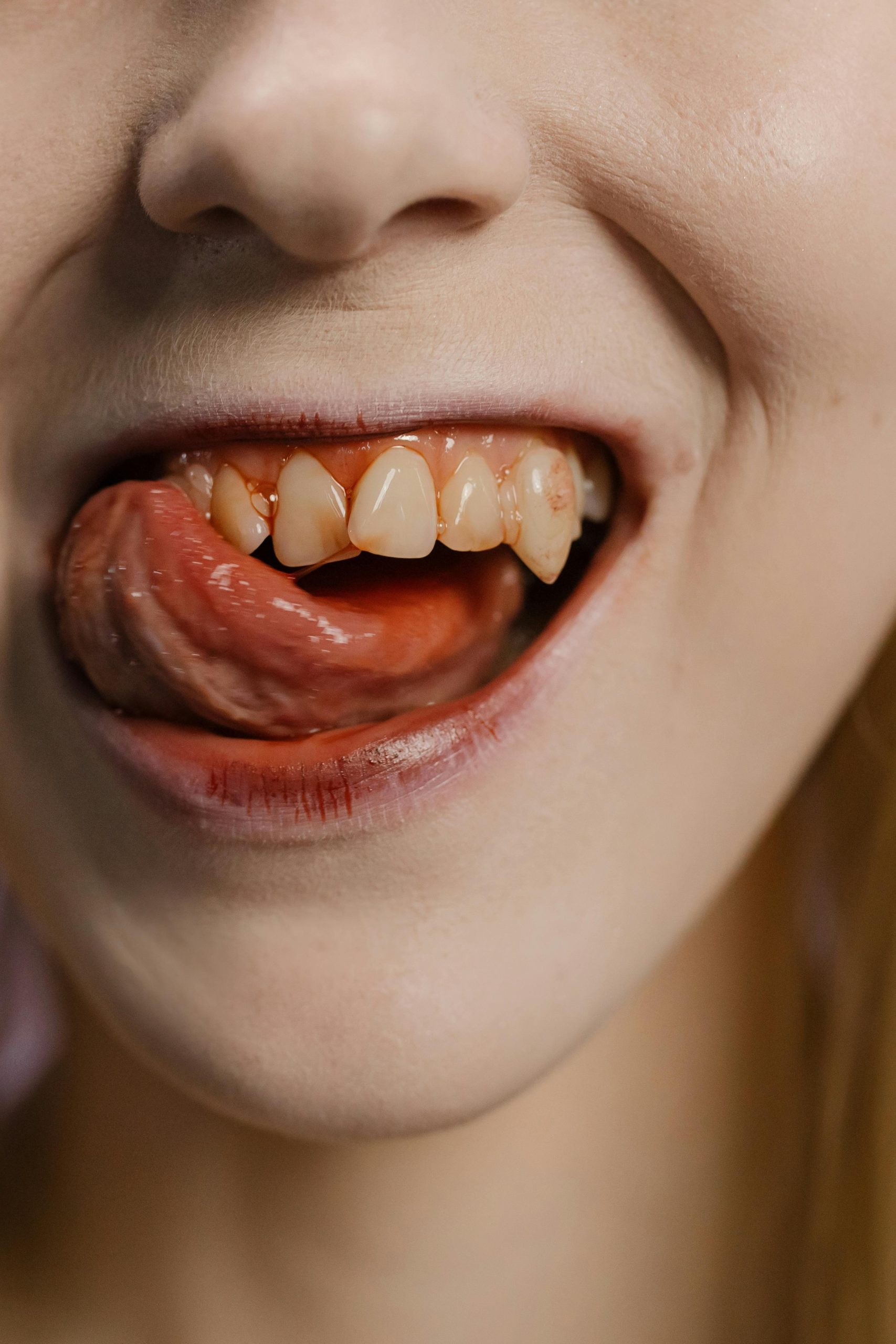Smoking is a habit that affects nearly every part of the body, but its impact on oral health is particularly severe. From stained teeth to life-threatening diseases, tobacco use can wreak havoc on your gums and teeth. Many smokers underestimate the long-term consequences of their habit, but the damage is often irreversible. Understanding how smoking affects oral health is the first step toward making informed decisions about quitting and protecting your smile.
How Smoking Stains and Weakens Teeth
One of the most visible effects of smoking is tooth discoloration. The tar and nicotine in tobacco leave stubborn yellow or brown stains on teeth that regular brushing can’t remove. Over time, these stains penetrate deep into the enamel, making professional whitening treatments less effective.
Beyond staining, smoking weakens tooth structure in several ways:
- Reduced saliva production: Smoking dries out the mouth, decreasing saliva, which is essential for washing away bacteria and food particles.
- Increased plaque buildup: Tobacco use promotes plaque accumulation, leading to cavities and decay.
- Weakened enamel: The chemicals in cigarettes erode tooth enamel, making teeth more susceptible to sensitivity and damage.
If left unchecked, these issues can progress to tooth loss, requiring costly dental procedures like implants or dentures.
The Link Between Smoking and Gum Disease
Gum disease, or periodontal disease, is one of the most serious oral health risks for smokers. Tobacco use restricts blood flow to the gums, weakening their ability to fight infections. This makes smokers far more likely to develop gum disease than non-smokers.
Stages of Gum Disease in Smokers
- Gingivitis: Early-stage gum disease causes redness, swelling, and bleeding gums. Smokers often overlook these signs because nicotine reduces blood flow, masking symptoms.
- Periodontitis: Untreated gingivitis progresses to periodontitis, where gums pull away from teeth, forming infected pockets. Smoking accelerates bone and tissue loss.
- Advanced periodontitis: In severe cases, teeth become loose and may fall out. Smokers are twice as likely to lose teeth compared to non-smokers.
Even with treatment, smokers heal slower after dental procedures, making recovery from gum disease more difficult.
Smoking and Oral Cancer Risks
Perhaps the most alarming effect of smoking is its connection to oral cancer. Tobacco contains carcinogens that damage cells in the mouth, throat, and lips, leading to cancerous growths. Symptoms often go unnoticed until the disease is advanced.
Warning signs of oral cancer include:
- Persistent mouth sores or ulcers
- White or red patches inside the mouth
- Unexplained bleeding or numbness
- Difficulty swallowing or chewing
Regular dental check-ups are crucial for early detection, but quitting smoking is the best way to reduce risk.
How Quitting Smoking Improves Oral Health
The good news is that quitting smoking can reverse some damage and prevent further harm. Within just 48 hours of quitting, blood circulation improves, helping gums heal. Over time, the risk of gum disease, tooth loss, and oral cancer decreases significantly.
Steps to restore oral health after quitting:
- Schedule a professional dental cleaning to remove tobacco stains and tartar.
- Brush and floss daily to reduce plaque buildup.
- Use fluoride toothpaste to strengthen weakened enamel.
- Stay hydrated to combat dry mouth and promote saliva production.
- Visit your dentist regularly for check-ups and early disease detection.
While some damage may be permanent, quitting smoking at any stage can dramatically improve oral health and overall well-being.
Conclusion
Smoking has devastating effects on teeth and gums, from cosmetic stains to life-threatening diseases like oral cancer. The sooner you quit, the better your chances of preserving your smile and avoiding irreversible damage. If you’re struggling to quit, seek support from healthcare professionals who can provide resources and treatments to help you succeed. Your mouth—and your entire body—will thank you.
